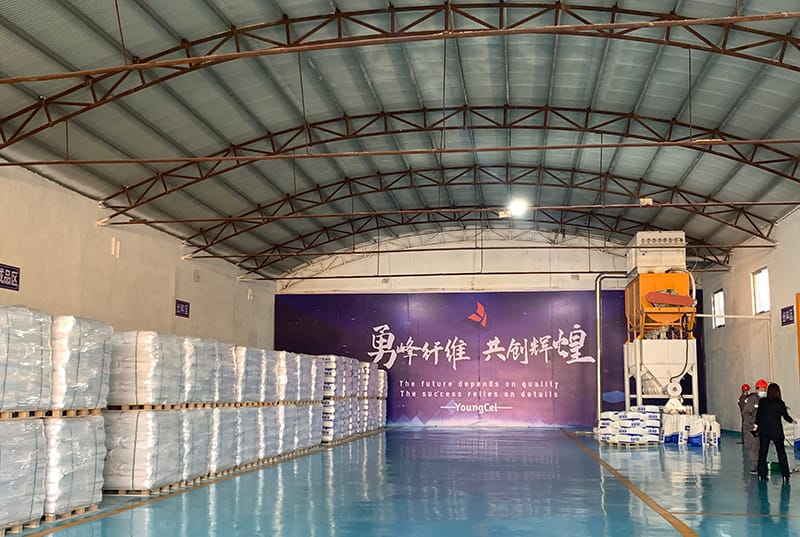Additives for Concrete Enhancing Performance and Durability
Concrete is one of the most widely used construction materials in the world, revered for its strength, durability, and versatility. However, like any material, concrete has its limitations. To address these shortcomings and improve its performance, various additives have been developed and incorporated into concrete mixes. These additives serve multiple purposes, including enhancing workability, reducing water content, accelerating curing time, and improving durability. This article delves into the significance of additives for concrete, exploring their types, benefits, and applications.
Types of Additives
Additives for concrete can be broadly categorized into two groups admixtures and supplementary cementitious materials (SCMs).
1. Admixtures These are chemical agents added to the concrete mix to modify its properties. They can be further classified into - Water-reducing admixtures These reduce the amount of water needed for mixing, which increases the strength and durability of the concrete without compromising workability. High-range water reducers, or superplasticizers, fall into this category, allowing for the creation of flowable concrete with a lower water-cement ratio. - Accelerators These additives speed up the hydration process, making concrete set faster. This is particularly useful in cold weather conditions or for projects that require quick turnarounds, such as road repairs or temporary structures. - Retarders In contrast to accelerators, retarders delay the setting time of concrete, which can be beneficial in hot weather or when transporting concrete over long distances. - Air-entraining agents These introduce tiny air bubbles into the concrete mix, improving its freeze-thaw resistance and durability in harsh weather conditions.
2. Supplementary Cementitious Materials (SCMs) These are materials that can replace a portion of the Portland cement in a concrete mix. Common SCMs include fly ash, silica fume, and slag cement. Incorporating SCMs can enhance the workability, strength, and resistance to chemical attacks in the finished concrete.
Benefits of Using Additives
additive for concrete

The use of additives in concrete mixes offers numerous benefits
- Enhanced Workability Additives like water-reducers and plasticizers allow for easier mixing, placing, and finishing of concrete, leading to better application and fewer defects. - Improved Strength and Durability By optimizing the water-cement ratio and incorporating SCMs, additives can significantly enhance the compressive strength and overall durability of concrete, making structures more resilient to stressors such as environmental conditions and load pressures.
- Faster Curing Times The incorporation of accelerators can drastically reduce setting times, allowing for quicker project completion and minimizing downtime in construction workflows.
- Cost Efficiency While there is a cost associated with purchasing additives, the long-term benefits, such as reduced maintenance needs and extended lifespan of structures, can lead to overall cost savings in construction projects.
Applications in Construction
The versatility of concrete additives finds applications across various construction projects, ranging from residential buildings to large-scale infrastructure. For instance, in bridge construction, using water-reducing admixtures improves the concrete’s durability against environmental factors. Similarly, in pavement construction, air-entraining additives enhance the longevity of road surfaces subjected to freeze-thaw cycles.
In conclusion, additives play a crucial role in modern concrete technology, helping to overcome the limitations of traditional concrete mixes. By enhancing workability, strength, and durability, these additives ensure that concrete continues to be a vital material in the construction industry, meeting the demands of contemporary building practices. As research and technology evolve, the future of concrete additives promises even more innovative solutions to optimize performance and sustainability in construction.
-
Rdp Powder: Key Considerations for Wholesalers in the Building Materials IndustryNewsJul.08,2025
-
Key Considerations for Wholesalers: Navigating the World of Hpmc - Based ProductsNewsJul.08,2025
-
Hpmc Detergent: Key Considerations for WholesalersNewsJul.08,2025
-
Key Considerations for Wholesalers: China Hpmc For Tile Adhesive, Coating Additives, Concrete Additives, and MoreNewsJul.08,2025
-
Crucial Considerations for Wholesalers: Navigating the World of Construction MaterialsNewsJul.08,2025
-
Key Considerations for Wholesalers Sourcing Additive For Cement, Additive For Concrete, Additive For Putty from Additive Manufacturer Shijiazhuang Gaocheng District Yongfeng Cellulose Co., Ltd.NewsJul.08,2025




